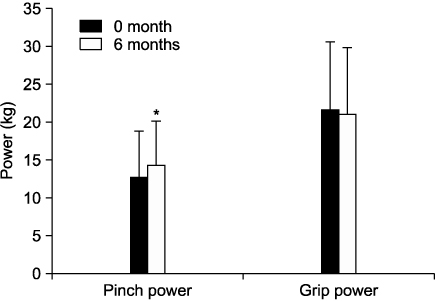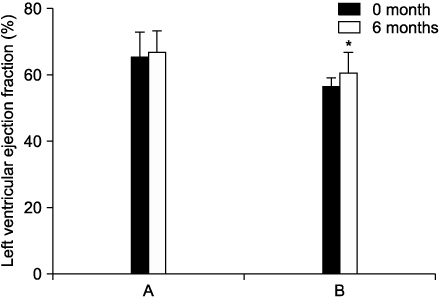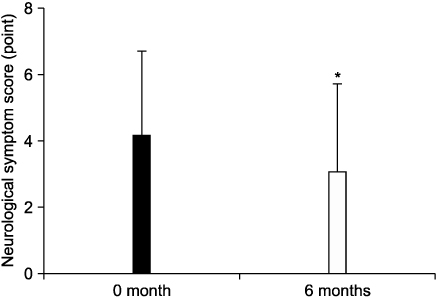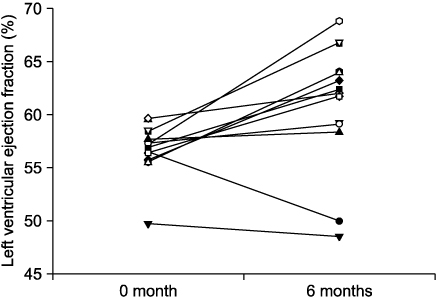Department of Internal Medicine, Ewha Womans University School of Medicine, Seoul, Korea.
Copyright © 2012. Ewha Womans University School of Medicine







The level of total, free and acyl carnitines in dialysis patients